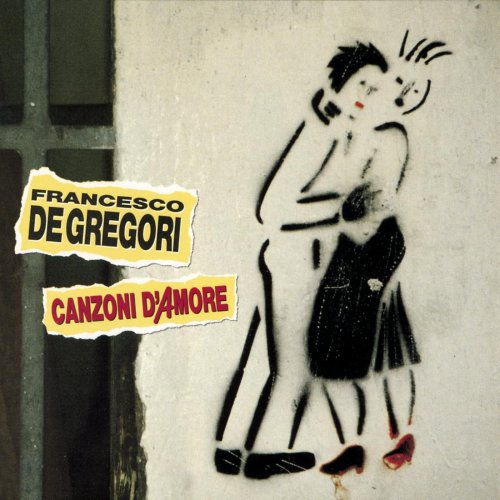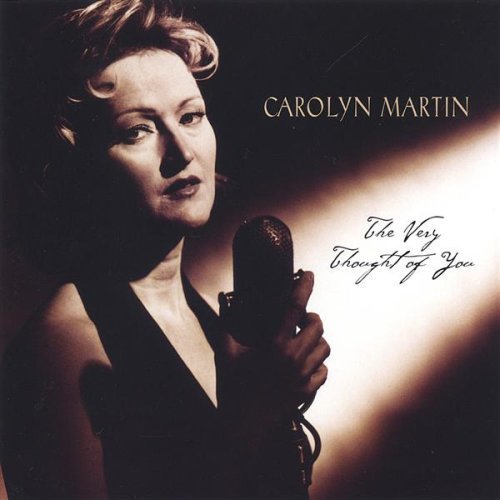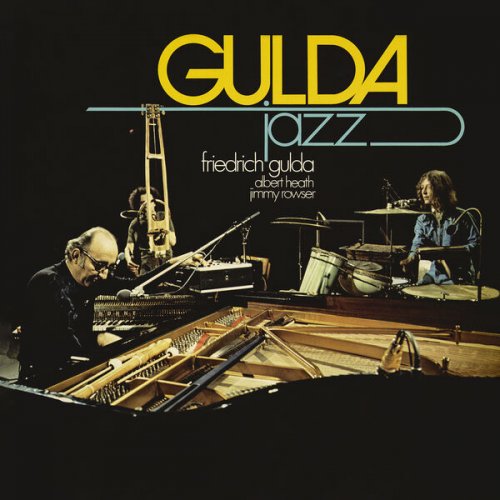Francesco De Gregori - Canzoni D'Amore (1992)

Artist: Francesco De Gregori
Title: Canzoni D'Amore
Year Of Release: 1992
Label: Columbia
Genre: Pop, Pop Rock
Quality: FLAC (tracks) / MP3 320 Kbps
Total Time: 54:35
Total Size: 359 / 139 Mb
WebSite: Album Preview
Tracklist: Title: Canzoni D'Amore
Year Of Release: 1992
Label: Columbia
Genre: Pop, Pop Rock
Quality: FLAC (tracks) / MP3 320 Kbps
Total Time: 54:35
Total Size: 359 / 139 Mb
WebSite: Album Preview
1. Bellamore
2. Sangue Su Sangue
3. Viaggi & Miraggi
4. Chi Ruba Nei Supermercati?
5. Tutto Più Chiaro Che Qui
6. Stella Della Strada
7. Vecchi Amici
8. Povero Me
9. La Ballata Dell'Uomo Ragno
10. Adelante! Adelante!
11. Rumore Di Niente
The ironically titled Canzoni d'Amore (Love Songs) is actually one of Francesco De Gregori's most unforgiving, socially committed albums. As the hedonist 1980s of the Craxi Administration came to a close, the Italian political system began to crumble, unveiling in its wake a shameful trail of widespread corruption, financial crisis, and moral decadence. De Gregori denounces and dissects a society ravaged by indifference, bigotry, selfishness, and simple stupidity, reflected in issues such as the utter disregard for environmental concerns in the face of mounting pollution ("Adelante! Adelante!") and the contemptuous betrayal of personal principles and political ideologies ("Vecchi Amici," "La Ballata dell'Uomo Ragno"). However, De Gregori seldom writes topical songs. Instead of naming names, he alludes to events and people through his customary elusive imagery, so that it is always hard to pinpoint the real-life referent. In this way, his songs overcome the limitations of journalism and, rather than quickly becoming yesterday's news, they defiantly manage to stand the test of time. The social and political situation that inspired this material may be gone (or, sadly, grown worse!), but De Gregori's embittered repugnance at this bleak spectacle still resonates, as well as a tragic sense of personal and social impotence in the face of it. This is also the first time De Gregori manages to make a convincing rock album, thanks in no small part to solid guitar work by Vincenzo Mancuso and Lucio Bardi. Ironically again (but this time the irony is on De Gregori), the record's only two bona fide love songs are actually the standout tracks: the longing "Stella della Strada," with Knopfler-esque guitar lines by guest Phil Palmer, and the album's opening "Bellamore," as tender and straightforward a love song as De Gregori would ever write, featuring beautiful vocals by Patrizia Giordano and set to an exquisite pattern of modulations that gives it a circular, Renaissance tune feel. Strategically placed at the beginning of each side of the original LP/cassette release, these two songs work wonders for this consistently engaging set, as they provide a subtext of vulnerability and hope to an intelligent and passionate outburst of civil indignation. Yet, as apologetically stated halfway through the apocalyptic closer, "Rumore di Niente": "Did you really believe we were going to talk about love?" De Gregori clearly knew there were more urgent issues that needed attention at the time.





![Afrodream - Guiss Guiss (2025) [Hi-Res] Afrodream - Guiss Guiss (2025) [Hi-Res]](https://www.dibpic.com/uploads/posts/2025-12/1765638325_a2717494732_0.jpg)


